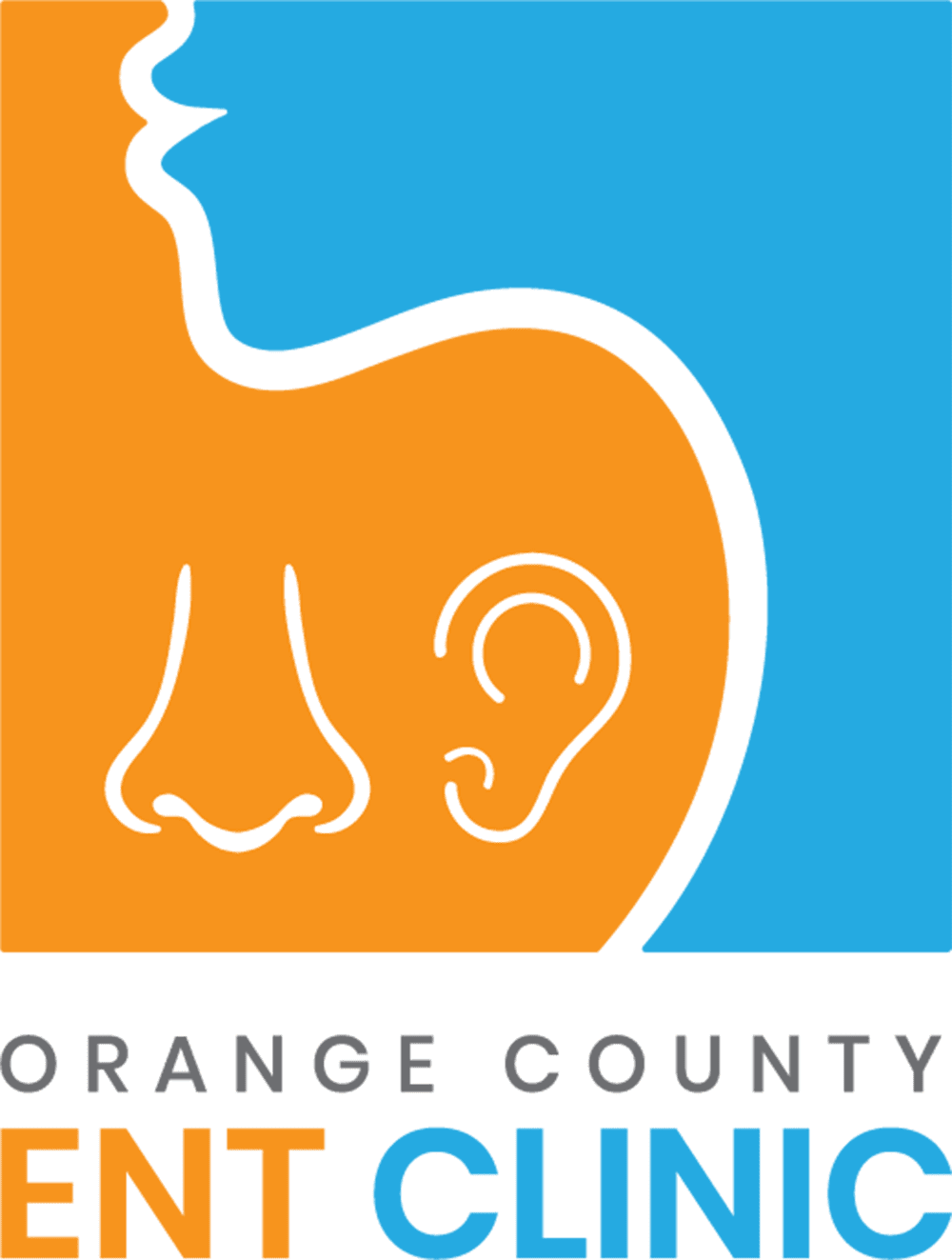
Since this condition can lead to a range of symptoms that are difficult to manage, it’s important to be aware of the treatment options that you have.
Within a person’s stomach is a substantial amount of acid that’s used to break down and absorb any foods that are consumed. It’s possible for this acid to travel upwards and eventually reach the throat, which can cause severe discomfort and pain until the condition abates. This issue is referred to as laryngopharyngeal reflux, which is a more advanced form of GERD.
What Does Laryngopharyngeal Reflux Refer To?
Laryngopharyngeal reflux is a type of condition that’s brought about when some of the acid within your stomach travels up to your esophagus and gets into your throat. While this type of acid reflux isn’t severe in nature, its symptoms can be difficult to handle unless you take appropriate steps to manage the symptoms that you’re experiencing. While standard gastrointestinal reflux problems cause the burning sensation within the lower chest, this type of reflux does not include such notable symptoms, which makes it somewhat more difficult to diagnose than most forms of reflux.


How Does This Condition Occur?
LPR can develop in anyone for a wide array of reasons. However, the condition is more likely to occur as a person ages. Some of the risk factors associated with this type of reflux include poor dietary habits, being overweight, having high stress levels, and wearing clothing that’s tight or binding on a regular basis. The actual causes of this condition are unknown in adults. For infants who suffer from this form of reflux, it occurs because the sphincters at the end of the esophagus have yet to fully develop, which means that there’s a greater likelihood that stomach contents won’t remain where they belong.
Main Symptoms That Can Develop
Nearly all of the symptoms associated with this condition will be felt in the throat, which can make it difficult to talk and swallow until you’ve recovered. Issues like hoarseness and a sore throat are common. The same is true of such symptoms as a chronic cough, difficulties with swallowing, the sensation of having mucus stuck to the back of the throat. A chronic cough is one that lasts for more than three months. Your larynx might also become swollen, red, or irritated if you suffer from this condition.
Primary Treatments That Can Be Sought
Most cases of laryngopharyngeal reflux do not require any notable treatments like surgery or even medications. It’s likely that some lifestyle changes will be enough to get rid of the symptoms that you’re going through. These changes can include everything from following a diet that’s low in acid to avoiding clearing your throat. You should also avoid eating food within two hours of going to bed. Consider losing weight or eating smaller meals to get rid of the symptoms of this condition. If LPR is left untreated, complications like swelling and ulcers may affect the vocal folds.
